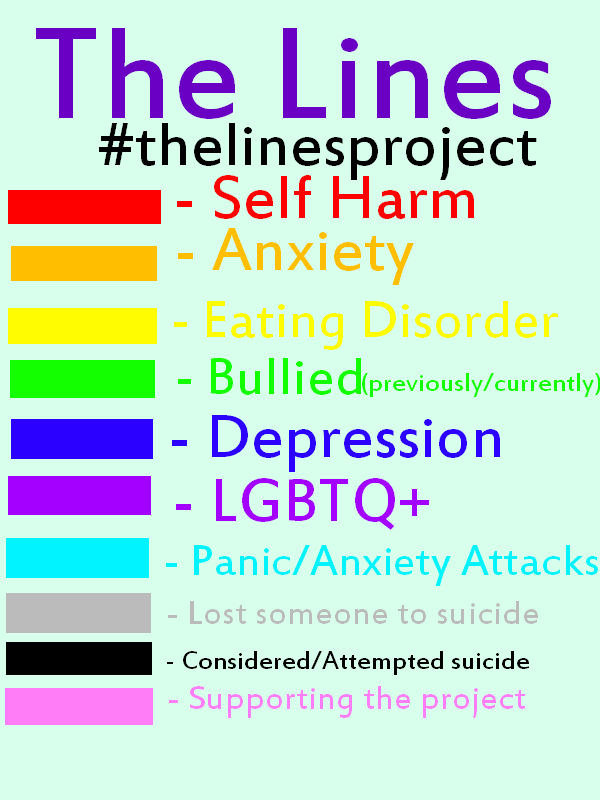Under the guidance of Crown Prince Mohammed bin Salman, Saudi Arabia has initiated more than a dozen mega projects in the past few years with the intent of attracting tourists, diversifying its economy, and boosting its GDP. The kingdom is building cultural and entertainment attractions, including the Journey Through Time immersive experience, as well as King Salman Park, an outdoor space that is expected to be four times the size of the acclaimed Central Park in New York City.
Beyond these and other tourist attractions, Saudi Arabia is developing multiple master-planned cities with a focus on entertainment and sustainable living. Key projects in this regard include Al Widyan, Ad Diriyah, Jabal Omar, and Qiddiya, the latter of which has been dubbed the “capital of entertainment.” In January 2021, the Crown Prince announced plans for The Line, a series of connected communities spanning 170 kilometers across coastal regions, coastal desert, mountains, and upper valley regions. It will connect the Red Sea coast to the northwest region of the country.
No Cars, Roads, or Carbon Emissions
The most distinct and ambitious aspect of The Line is that, despite housing upward of 1 million people, it won’t have streets or cars. Promoted as a forward-thinking urban design model that emphasizes people and planet, The Line will address global challenges such as climate change, traffic congestion, and social disconnection. People will live within five minutes of all vital services, which will be accessible via walkable boulevards and piazzas or automated mass transit systems.
Sustainability and green energy will also be emphasized during the construction and operational phases of The Line. There will be an abundance of green spaces in communities along The Line, while every community will be powered 100 percent by renewable sources including wind, solar, and hydro. Saudi Arabia already signed in excess of $4.7 billion worth of contracts with ACWA Power and Air Products to develop the world’s largest green hydrogen production facility. Moreover, all construction activities will adhere to strict international sustainability criteria to meet the standards of a Circular Carbon Economy.
Emphasis on AI
Artificial intelligence (AI) will also be a key point of emphasis for The Line and will be embedded into all aspects of day-to-day life. Every community along The Line will be powered by AI, which will make use of massive data harvesting to develop predictive ways to make daily activities more convenient for residents and businesses. High-speed transportation will also be powered by AI.
In a statement announcing plans for The Line, it was revealed that 90 percent of available data will be utilized to boost infrastructure capabilities “far beyond” the 1 percent that is common in most existing smart cities.
Part of NEOM Smart City
The Line is part of a much larger and more ambitious mega development known as NEOM, which translates to “new future” and represents the kingdom’s vision of what that might look like. The massive project is advertised as an accelerator of human progress that will create a successful economic model for the world to follow, as well as deliver an effective approach to environmental conservation and serve as a hub of innovation.
Around 40 percent of the world’s population will be able to access NEOM within four hours and, because of its strategic location, it is expected to attract as many as 5 million tourists by 2030. The location also allows NEOM to take advantage of weather conditions and natural resources to provide a sustainable lifestyle for residents. Average temperatures in the region are 10 degrees cooler than in other Gulf Cooperation Council countries. In addition, average wind speeds and solar resources of 10.3 m/s and 20 MJ/m², respectively, make the area ideal for green energy development.
Economic Diversification
In an effort to lessen its economic reliance on the price of oil, Saudi Arabia launched Vision 2030 in 2016. This plan also includes key outcomes such as strengthening national identity and creating conditions to offer citizens a more vibrant and fulfilling lifestyle. The kingdom has since leveraged its investment power to diversify its economy with key projects including the aforementioned cultural and hospitality attractions. The Line, and Neom in particular, will help further this agenda.
“Mohammed bin Salman’s announcement of this project means that the Saudi leadership has realized well the importance of gradually dispensing with the traditional economy, to become by 2030 a diversified economy, especially after [the kingdom] joined the G20 and is the decision-maker among the countries of the region,” noted economic expert Dr. Akbar Jaafari. “The project is very important … Several countries in the region will reproduce the idea of the city after about 10 years.”
Initial estimates suggest The Line will create 380,000 jobs and add $48 billion to Saudi Arabia’s GDP by 2030. NEOM and The Line were announced in 2017 and 2021, respectively. Initial construction of The Line began in the first quarter of 2021.

